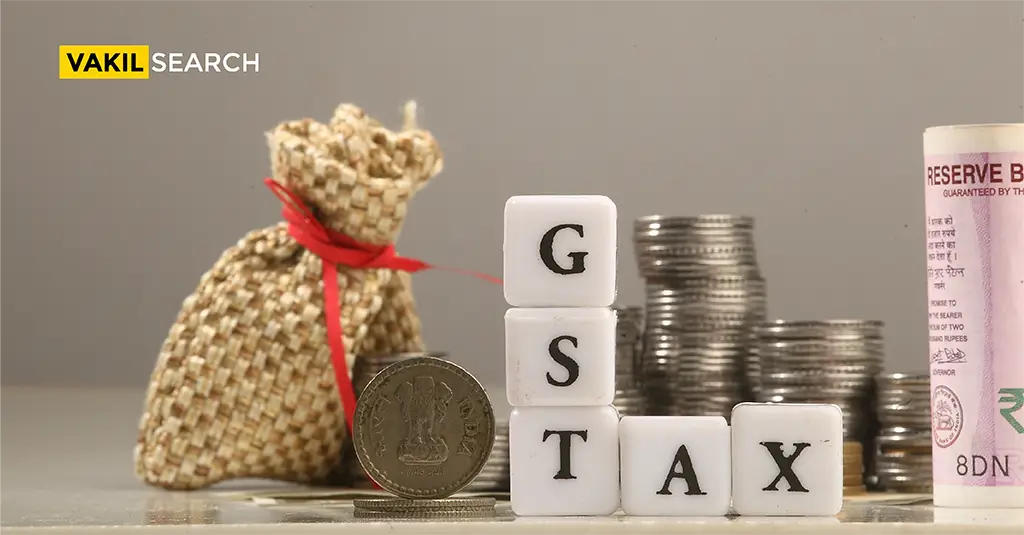Find out in this article about the difference between HSN Code and GST Rate for Tea, Coffee and Spices.
What Is the Difference Between Gst and Tea Hsn Code, Coffee Hsn Code, and Spices Hsn Code in India?
Harmonized System of Nomenclature (HSN) is a classification system created by the World Customs Organization, while GST stands for Goods and Services Tax. These are the main differences between the HSN code and GST for tea, coffee and spices in India:
HSN applies to imports into India, while GST applies to all goods and services consumed in India.
Import under HSN is taxed at a concessional rate of 5% while import under GST is taxed at 18%.
While there is no de-facto exemption for tea under HSN, there is an exemption for raw green tea under GST.
Coffee is not subject to import tax under HSN, but it is subject to customs duty of 20% and additional taxes such as service tax (6%), entry tax (10-15%), octroi (30%), etc. on wholesale prices.
Spices are subject to import duty ranging from 2%-5% with additional service tax (6%), entry tax (10-15%), octroi (30%) etc. on wholesale prices.
Check Here To More About: https://services.gst.gov.in/services/searchhsnsac
How Do the HSN and GST Apply to Tea, Coffee and Spices
The tea HSN code specifies different names for types of tea such as black, green, oolong, etc. However, GST does not have any specific names for types of tea. Instead, it uses the general term ‘tea.’
Similarly, HSN specifies different names for types of coffee such as Arabica, Robusta, etc., while GST does not have any specific names for types of coffee. Instead, it uses the general term ‘coffee.’
Similarly, HSN specifies different names for types of spices such as black pepper, cumin seed, cardamom pod etc., while GST does not have any specific names for types of spices.
Guide to How Tea, Coffee, and Spices Are Taxed in India
Under the current taxation system, products are taxed at different rates depending on their categorization. Tea, coffee, and spices are all taxed under the CGST (Central Goods and Services Tax) category.
Under the new GST regime, these products will be taxed at a single rate of 18%. This means that you will only have to pay one tax when you purchase these items from a retailer or online store.
The main difference between HSN and GST is that HSN refers to the nomenclature for classifying products whereas GST refers to the taxation system. The main difference between tea, coffee, and spices under the new GST regime is that tea will be taxed at a rate of 12%, coffee at a rate of 5%, and spices at a rate of 18%.
According to experts, the major benefit of GST for consumers is that it reduces taxes on multiple purchases so that you do not have to pay additional taxes from month to month. It also prevents double taxation. The other advantage is that it brings uniformity in tax rates across states and ensures a seamless flow of goods and services across India without any unnecessary restrictions or charges.
Tea HSN Code & GST Rate in India
The main difference between tea HSN code and GST is that HSN applies to plant taxonomy, while GST applies to all taxes. Additionally, HSN refers to specific types of plants (e.g., vascular plants), while GST refers to all products made from plants. Finally, HSN applies only to living organisms, while GST applies to any product that has a value.
What Are the Benefits of a Harmonized System of Nomenclature Code in India?
HSN stands for Harmonized System of Nomenclature Code, while GST stands for Goods and Services Tax. These codes are important because they help to standardize the way products are labeled and taxed in India.
The benefits of a HSN code include:
- More consistent product labeling and tax collection across India
- Easier cross-border trade between India and other countries with an HSN code
- Improved efficiency within the Indian food industry
What Are the Benefits of GST in India?
When it comes to tax collections, the Goods and Services Tax (GST) is a game changer in India. Here are some of the key benefits of GST for businesses importing or selling goods in India:
Reduced Paperwork
With GST, businesses no longer have to worry about multiple taxes and forms. All taxes, including the Central Sales Tax (CST), are now included in GST registration. This makes filing taxes simpler and faster.
Increased Competitiveness
With lowered prices for consumers, businesses will also benefit from increased competition. As costs go down, prices for goods and services can also rise, increasing consumer choice.
Reduced Red Tape
There is now one nationwide registry where all businesses must register to collect tax. This reduces the amount of time needed to comply with GST rules.
Increased Economic Growth
With more efficient tax collection, businesses will be able to invest more money into their operations. This will lead to increased economic growth across the board, benefiting everyone in society.


